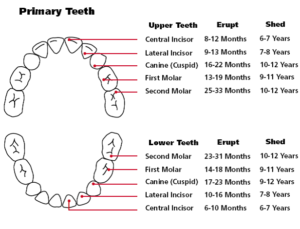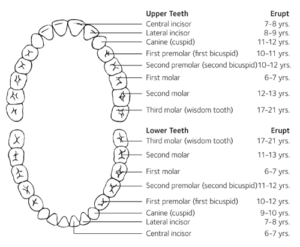Does Dental Implant work as my missing tooth?
Dental implants are used where there are one or more missing teeth. Implants are posts that are surgically placed in the upper or lower jaw, fuse with your jawbone and you will still have a certain amount of sensation with, when you chew and talk. Dental implants are replacement tooth roots.
There are many advantages to dental implants:
-Dental implants look and feel like your own teeth.They are designed to fuse with bone, so they become permanent.
– Dental implants allow you to speak without the worry that teeth might slip like those poor-fitting dentures.
– Because they become part of you, implants eliminate the discomfort of removable dentures, as well as the need for messy adhesives to keep them in place.
– Sliding dentures can make chewing difficult. With dental implants you can eat your favorite foods with confidence and without pain.
– Dental implants can give you back your smile and help you feel better about yourself.
– Dental implants don’t require reducing other teeth, as a tooth supported bridge does. Because nearby teeth are not altered to support the implant, more of your own teeth are left intact, improving long-term oral health.
– Dental implants require the same care as real teeth including: brushing, flossing, rinsing with mouthwash, and regular dental check-ups.With good care, many implants last a lifetime.
Call Our Office ( https://austindentalgroups.com) to book your Implant consult with Dr.Ross when you would like to know if you are a good candidate for implant treatment or not.


